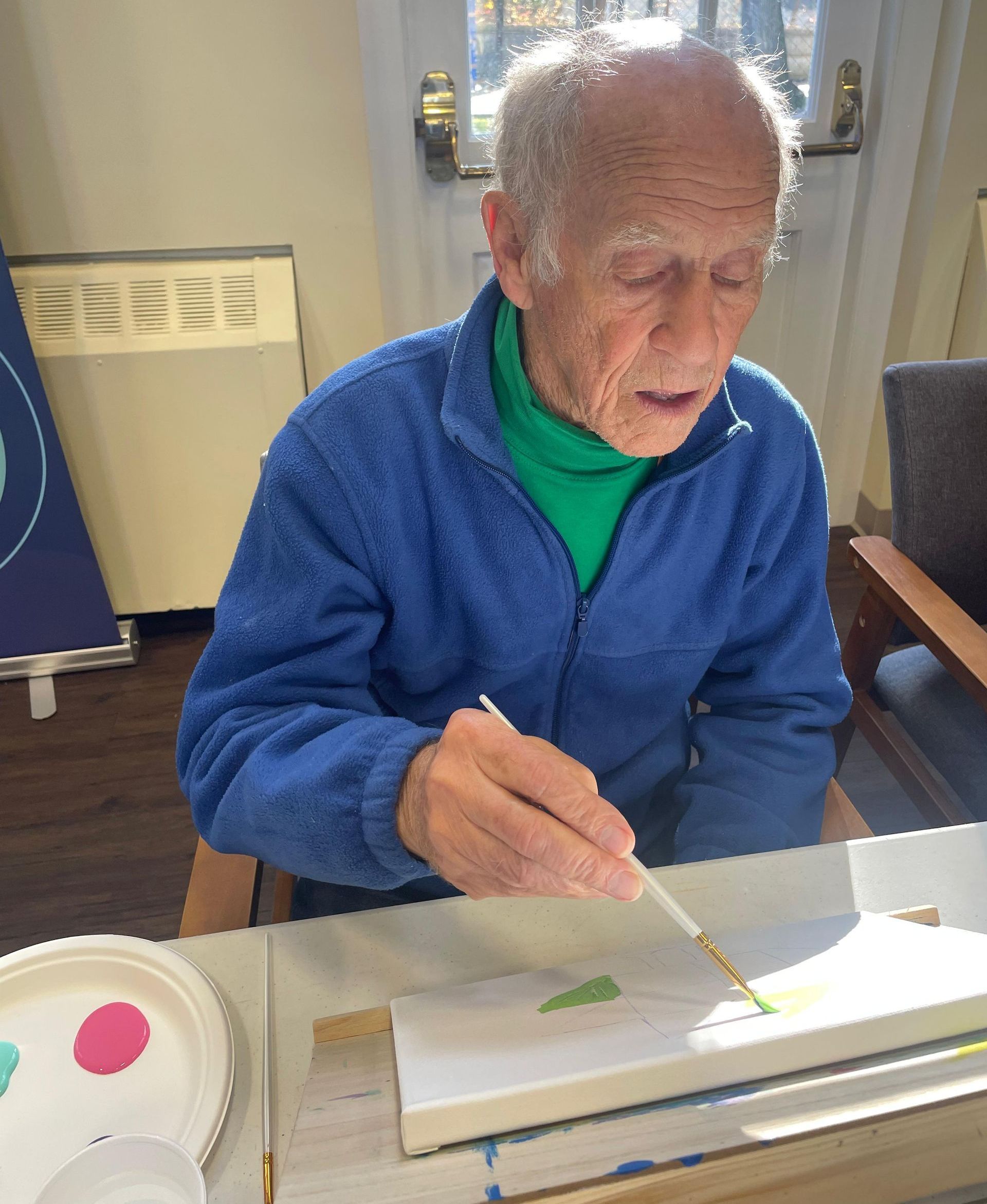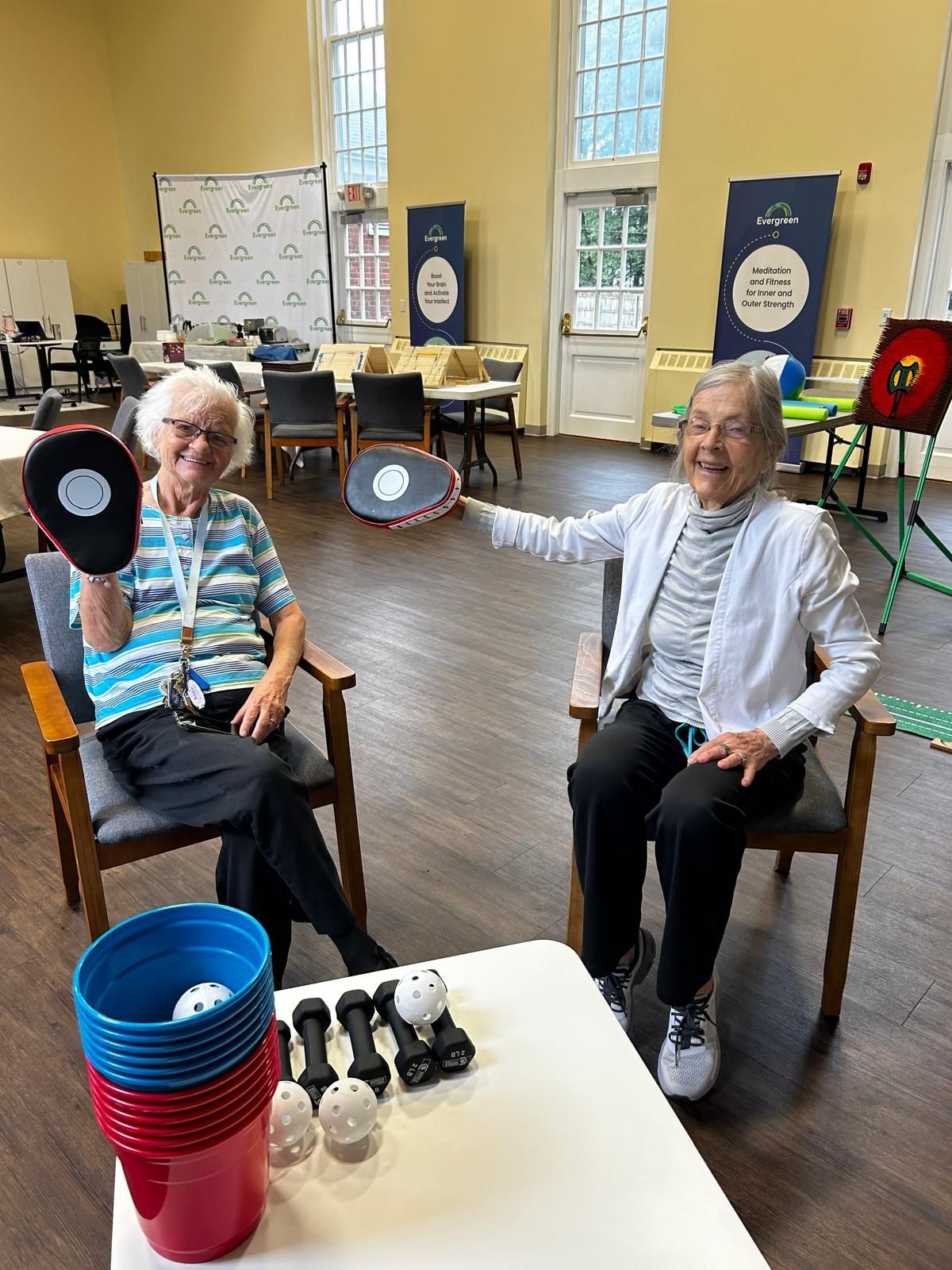Click HERE to RSVP to our Grand Opening on May 15th in Stamford, CT
Questions? Call us: 203-514-7450

Learn practical tips for balanced and effective senior care
Caring for an elderly loved one is both a profound privilege and a significant challenge. In the journey of caregiving, it's not uncommon to encounter emotional, physical, and mental hurdles that can lead to caregiver burnout. Recognizing the early signs of burnout and implementing effective strategies is crucial for the well-being of both the caregiver and the senior being cared for. This expanded guide delves into the top five strategies to help caregivers maintain balance and effectiveness.
1. Build a Strong Support Network:
Creating a supportive network is vital in caregiving. This network should include:
- Family and Friends: Organize regular family meetings to discuss and distribute caregiving tasks. Encourage open communication and seek input from all members.
- Community Resources: Explore local senior centers, non-profit organizations, and online communities that offer caregiver support groups, educational workshops, and occasional respite care services.
- Professional Services: Consider hiring part-time home care assistance, meal delivery services, or professional cleaning help to reduce daily stressors.
2. Prioritize Your Self-Care:
Self-care is essential for caregivers. Focus on:
- Physical Health: Schedule regular medical check-ups, adhere to a nutritious diet, and establish a consistent exercise routine. Simple activities like walking or yoga can greatly benefit your health.
- Mental Well-being: Set aside time for hobbies and interests. Engaging in activities like reading, crafting, or attending cultural events can provide a necessary mental break.
- Rest and Relaxation: Ensure you're getting adequate sleep. Practice relaxation techniques such as mindfulness meditation, deep breathing exercises, or progressive muscle relaxation to manage stress effectively.
3. Set Realistic Goals and Boundaries:
It's crucial to set achievable goals and establish clear boundaries:
- Time Management: Utilize planners or digital tools to organize caregiving tasks and personal responsibilities. Prioritize urgent tasks and learn to delegate or postpone less critical activities.
- Emotional Boundaries: Recognize and accept your emotional limits. Practice assertive communication to express your needs and limits to family members and friends.
4. Educate Yourself:
Being well-informed can significantly boost your caregiving abilities:
- Understand the Condition: Research your loved one’s medical condition. Understanding the progression and symptoms can help you anticipate needs and changes in care.
- Skills Training: Attend caregiving workshops or online courses to learn skills like safe lifting techniques, basic medical care, and effective communication with healthcare professionals.
5. Embrace Mindfulness and Emotional Awareness:
Enhance your emotional and mental well-being through mindfulness:
- Daily Mindfulness Practice: Allocate time each day for mindfulness activities. This could include journaling, meditation, or simply spending a few moments in nature.
- Emotional Check-ins: Regularly assess and acknowledge your emotions. If you're feeling overwhelmed, don't hesitate to reach out to a mental health professional for support.
Caring for a senior loved one is a journey that demands patience, empathy, and resilience. By integrating these comprehensive strategies into your caregiving routine, you can effectively prevent caregiver burnout. Remember, taking care of yourself is not a luxury—it's a necessity for providing the best care to your loved one. Embrace each day with compassion, both for yourself and the person you're caring for.







